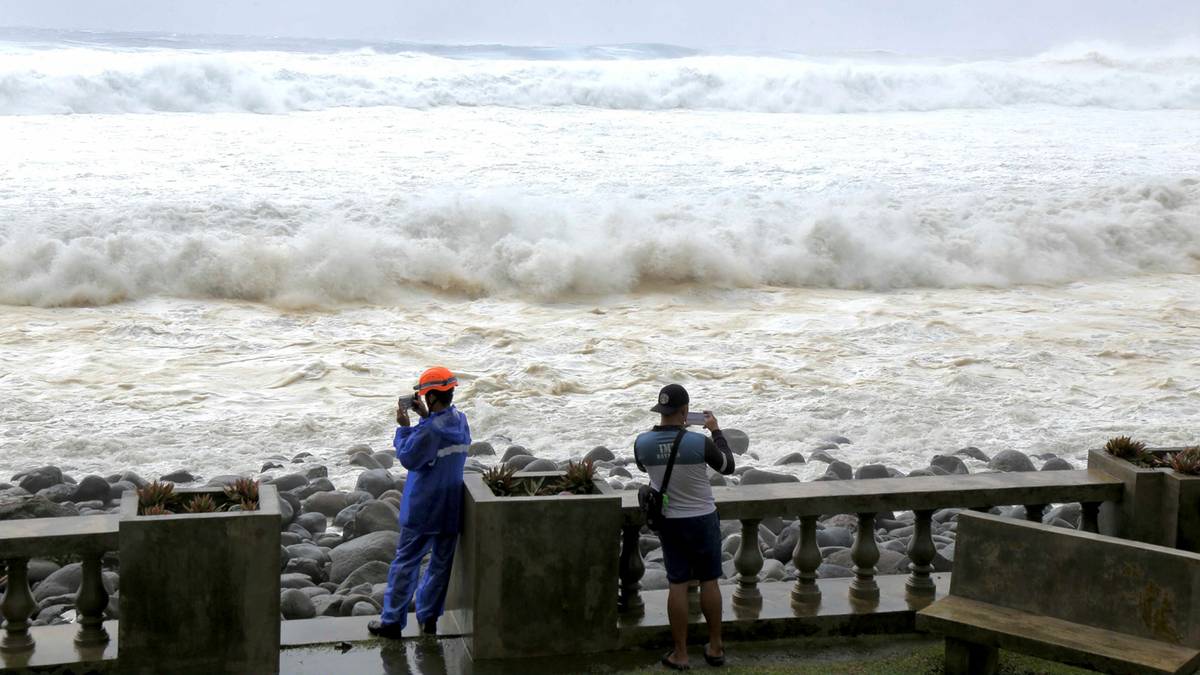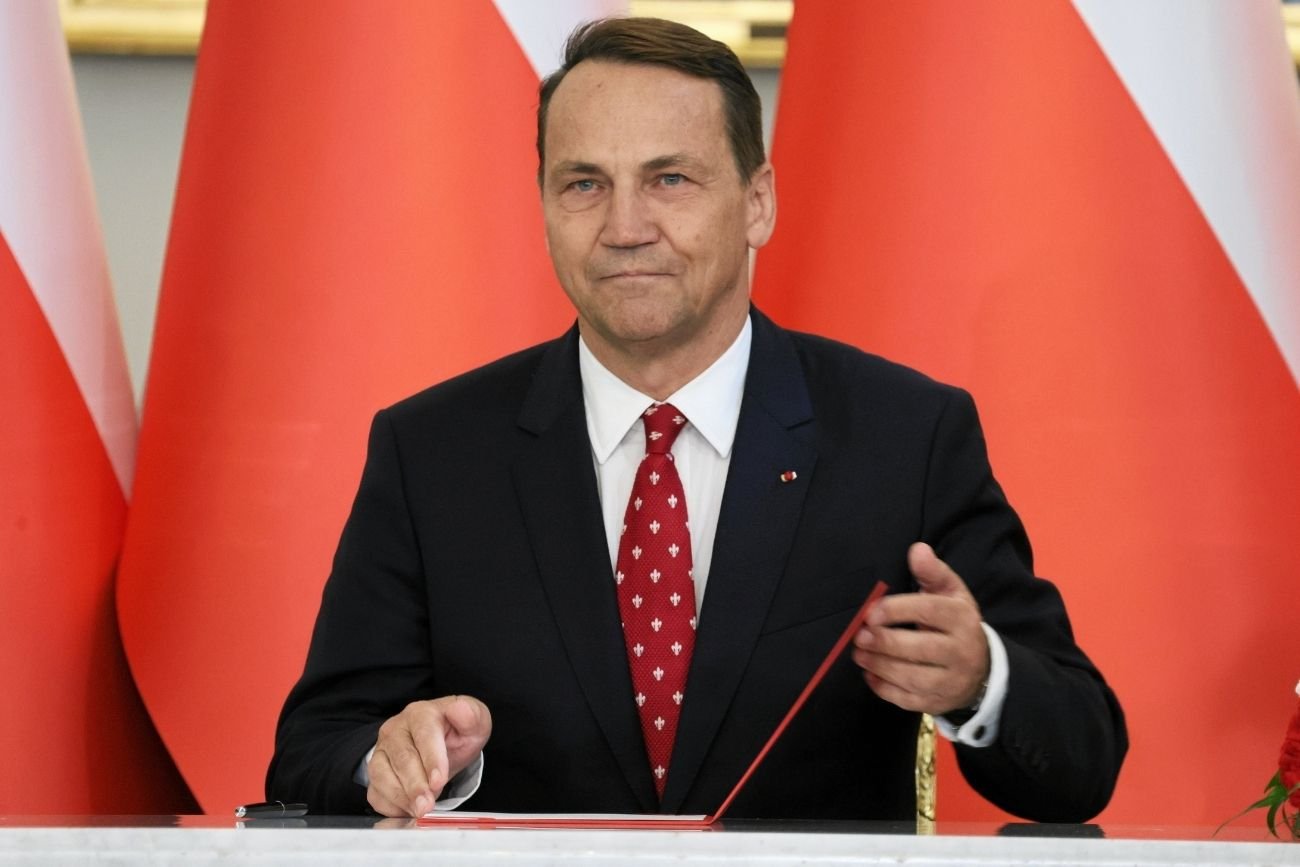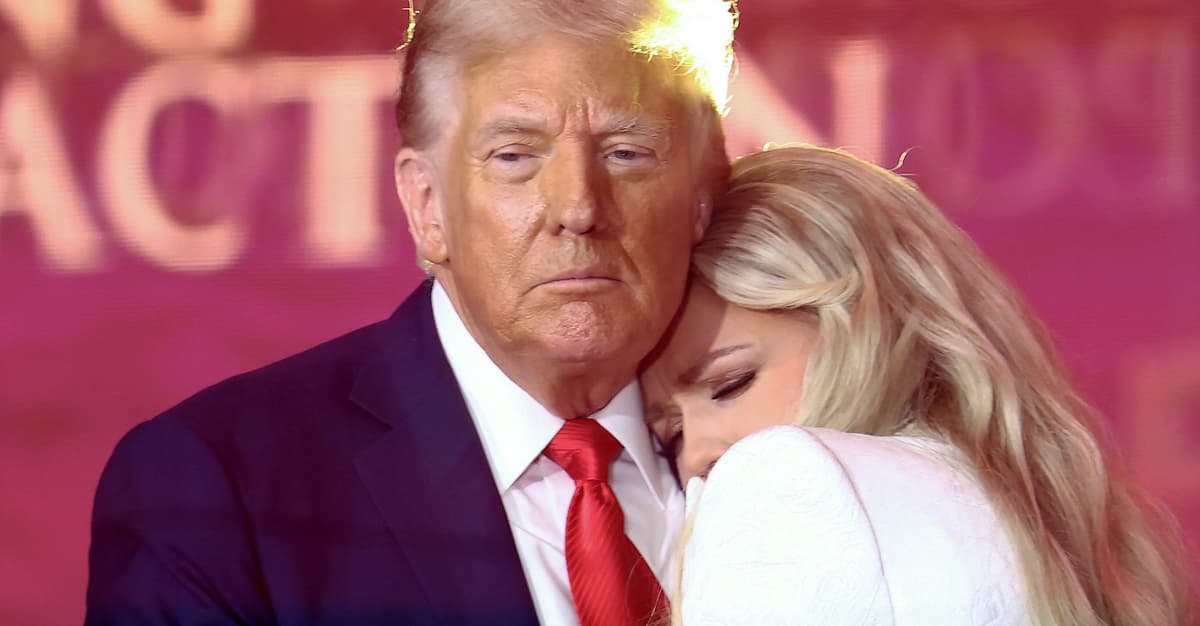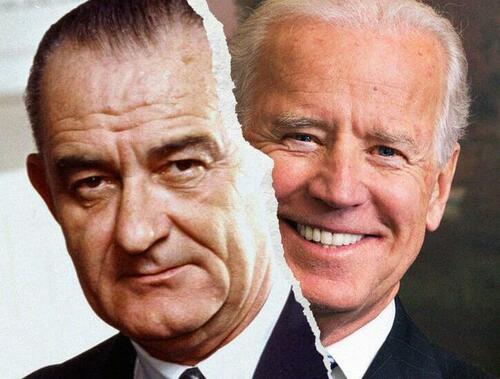
Chaos Ensued The Last Time A US President Bowed Out Only Months Before An Election
Joe Biden’s sudden (though widely expected) announcement that he would be dropping out of the 2024 election is a rare event, but not without precedent. Biden is the third president in history to make such a last minute decision and all of them were Democrats.
Both Harry Truman and Lyndon B Johnson abandoned their intentions for a second term and both did so because of failing public approval ratings. Truman lost support in 1952 for a myriad of reasons including the war in North Korea and Johnson became wildly unpopular by 1968 because of the war in Vietnam. Biden has a similarly dismal public approval rating but he is the first president to drop out as a nominee for a second term due to cognitive decline (i.e. „health reasons”).
Much like Biden, Lyndon Johnson’s first term was rife with national division, economic decline, the rise of socialist movements, mass protests, inner-city riots and increasing political violence. He was of course sworn in after the assassination of John F. Kennedy in 1963 and then continued on to a full term starting in 1965. Many would later see Kennedy’s death as the first domino in a terrible chain that ultimately ended with the US entering the war in Vietnam.
Johnson’s announcement to step down as nominee in 1968 was initially marked as a „moment of calm.” The general populace and the media treated the decision as a positive, a vehicle for ending national conflict and bringing Americans back together.
We have seen similar rhetoric in recent days surrounding Biden’s proclamation, with many predicting a trend towards „unity.” If history is any indication, this optimism is a pipe dream.
The Democratic Party was plunged into confusion over their prospective candidates and their chances. Johnson insisted on controlling party decisions on who would take his place, but there were other candidates that might disrupt Johnson’s plans, including Robert Kennedy, brother of John F. Kennedy.
Though Biden has endorsed Kamala Harris to take his place as the Dem candidate, the official decision is up to DNC delegates, not Biden. An upset at the convention might sound unlikely, but it is certainly possible if Harris is viewed as too incompetent or unpopular to run against Trump.
Only five days after Lyndon Johnson’s speech, Martin Luther King Jr. was assassinated by a „lone gunman” in Memphis, TN. Two months later, Robert Kennedy was shot and killed by a „lone gunman” after a campaign event celebrating his California primary win.
Trump’s near assassination just before Biden’s announcement to step down may mark a renewed period of political violence on a scale not seen since the 1960s. Suspicions of conspiracy are only magnified by the similarities to the LBJ era of multiple assassinations.
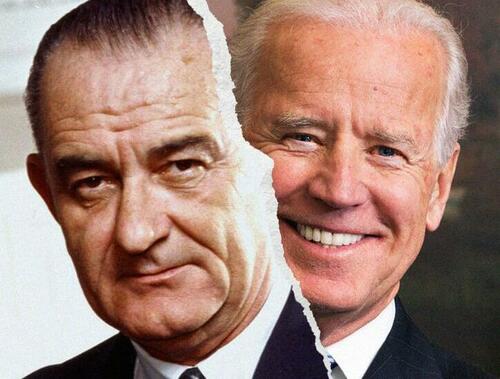
Despite hopes that Johnson’s departure would lead to peaceful conditions his replacement Hubert Humphrey promised to continue Johnson’s policies in lockstep, including the war in Vietnam. This enraged activists and resulted in riots around the convention in Chicago that summer. Johnson’s „Great Society” agenda had also left the country with deep racial divisions to be inherited by the next president and Humphrey was certain to expand on that agenda.
Richard Nixon and the Republicans were given an assured win. Humphrey was crushed by Nixon by a comfortable margin in the electoral college with many analysts suggesting Johnson would have done better had he stayed in the race. Nixon became the first former (non-sitting) vice president to win a presidential election; he was the only person to achieve that until Joe Biden during the 2020 presidential election.
Nixon would enter office with a recession in progress and ultimately an energy crisis and stagflationary crisis hit hard (he didn’t help matters much when he started the process to remove the US dollar from the gold standard in 1971). There’s an array of economic threats facing the next president in 2025, with the most likely prospect being Trump and conservatives stepping into a financial and geopolitical mine field. Biden’s announcement likely heralds another tumultuous period in American history.
Tyler Durden
Mon, 07/22/2024 – 19:20

 1 rok temu
1 rok temu
